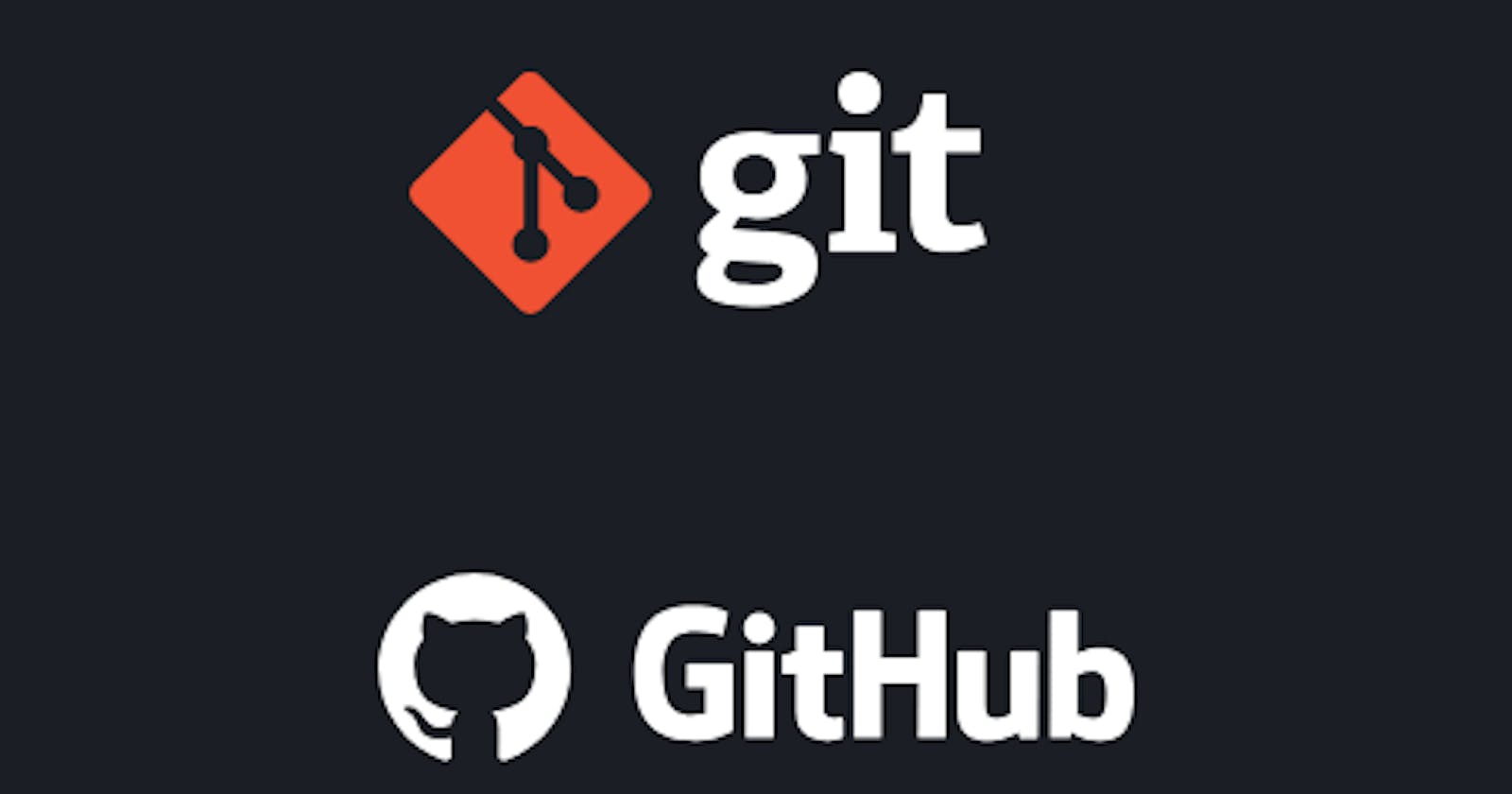In the world of software development, collaboration, version control, and code management are essential. Git and GitHub are two powerful tools that facilitate these processes. If you're new to programming or have just embarked on your coding journey, this article is your guide to understanding what Git and GitHub are and how they work together. Additionally, we'll explore the key differences between the two.
What is Git?
Git is a distributed version control system.
Let's break it down:
- Version Control System:
Git is like an "undo" button for your code. It helps you keep track of all the changes in your code, allowing you to go back to previous versions when needed.
- Distributed:

Git isn't tied to a single location or computer. You can use it on your laptop, your friend's computer, or even on a remote server. This makes it ideal for collaboration.
Now, let's talk about GitHub.
GitHub is a web-based platform built on top of Git. It's like a social network for developers.
Here's why it's awesome:
- Remote Storage:
GitHub allows you to store your Git repositories on their servers, making your code accessible from anywhere with an internet connection.
- Collaboration:
GitHub makes it incredibly easy to collaborate with others. You can share your code with teammates, work on it together, and keep track of who did what.
- Showcase Your Work:
GitHub can be your coding portfolio. You can showcase your projects to potential employers or the world. It's like an online resume for developers.
How Do Git and GitHub Work Together?
Git and GitHub are a dynamic duo for developers. Here's how they work together:
- Create a Git Repository:

You start by creating a Git repository on your computer.
What is a repository?
It's a place where you can store your code, your files, and each file's revision history. This repository will keep track of all the changes you make to your project.
- Push to GitHub:

Once you're happy with your code, you can "push" it to GitHub. This uploads your code to GitHub's servers.
- Collaborate:

Now, your project is on GitHub, and you can invite others to collaborate. They can clone your repository, make changes, and "push" those changes back to GitHub. Git tracks all the changes and makes it easy to merge them.
- Pull Changes:

If you're working with others, you can "pull" their changes from GitHub to your local repository to stay up to date with the latest version.
Differences Between Git and GitHub
Now, let's explore the key differences between Git and GitHub:
- Git is a Tool; GitHub is a Platform:
Git is software that provides version control on your local machine, while GitHub is a web-based platform that offers remote storage, collaboration features, and a user-friendly interface for Git repositories.
- Local vs. Remote:
Git operates on your local computer, allowing you to track changes and manage version control for your projects locally. GitHub, on the other hand, is a cloud-based service that provides a remote location for storing and sharing your Git repositories.
- Collaboration:
While Git can be used for collaboration, it typically involves more manual processes for sharing and merging changes. GitHub, however, is designed with collaboration in mind, making it easier to work with others on the same project.
- Social and Portfolio Features:
GitHub offers social networking features for developers, enabling you to follow others, contribute to open-source projects, and showcase your work, making it more than just a version control system.
Basic Git Commands
As a beginner, you'll need to know some essential Git commands:

Conclusion
In the world of coding, Git and GitHub are invaluable tools that make collaboration, version control, and code management a breeze. As a beginner, you now have a solid foundation for understanding what Git and GitHub are how they work together, as well as the key differences between them. So, dive in, create your first repository, and start collaborating with the coding community on GitHub. The possibilities are endless, and the coding adventure has just begun.
Happy coding!💃💃

